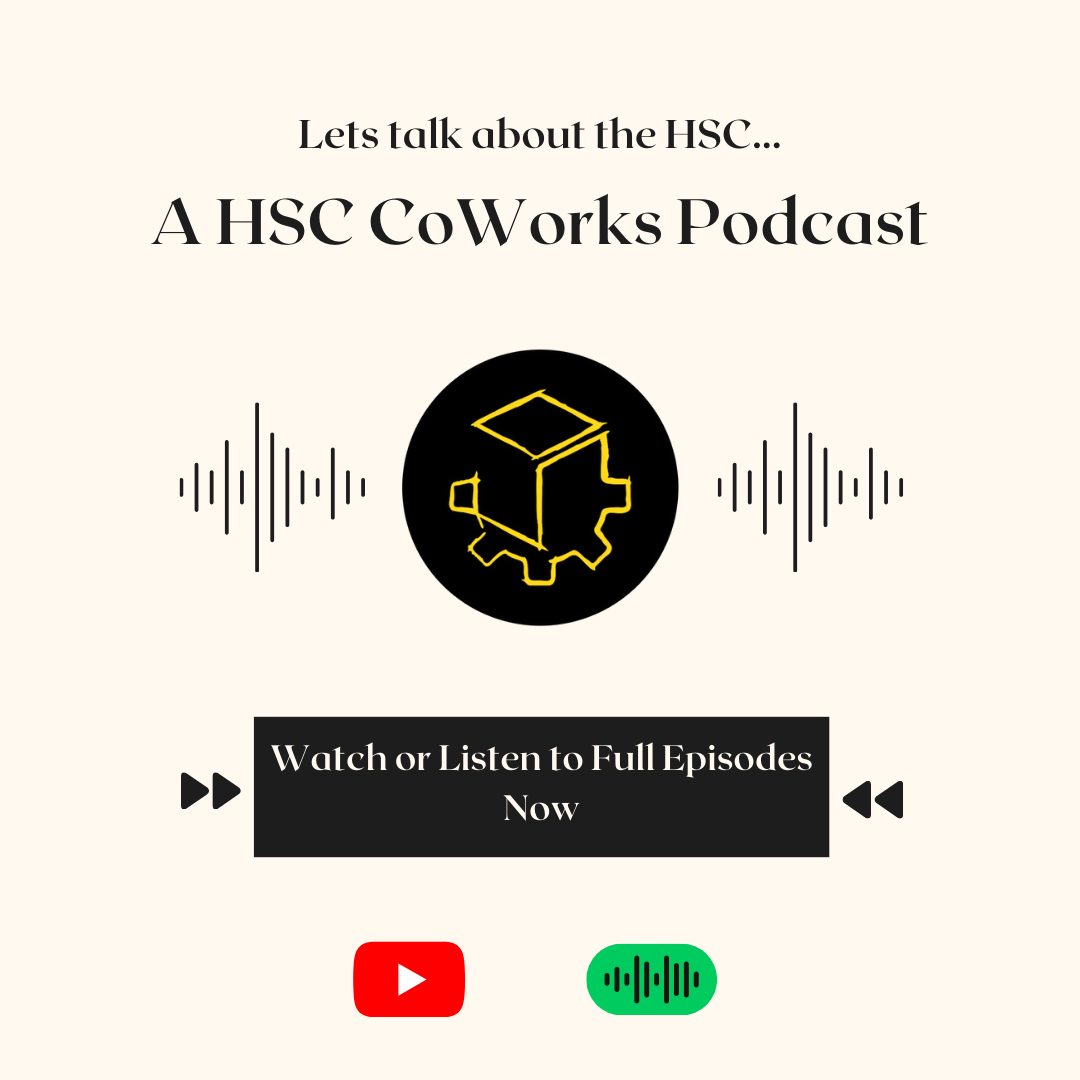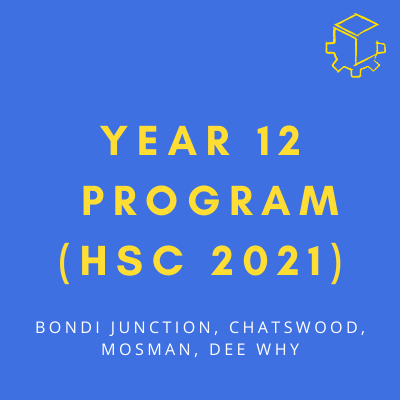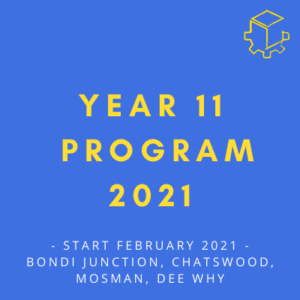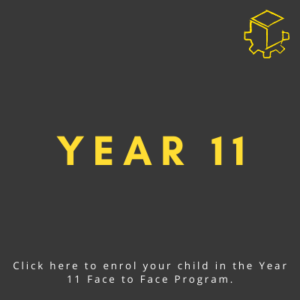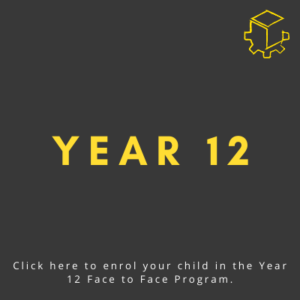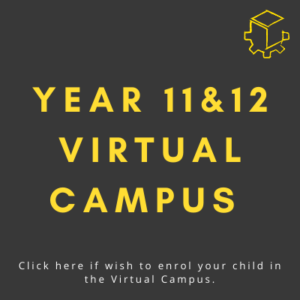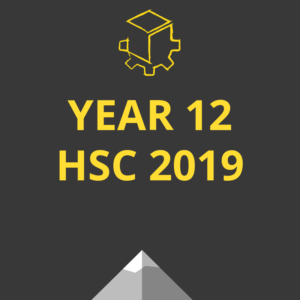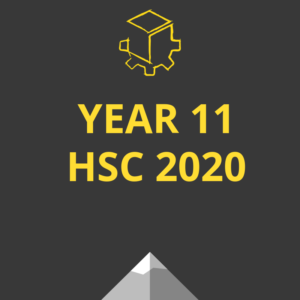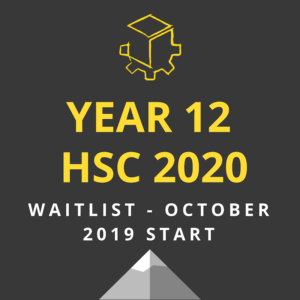
Jesse Gardiner, Head Coach & Managing Director
So what does zero regrets look like?
- Continue to focus on the benefits of achieving the goals. This is what we refer to as ‘Engage your vision’. If there is no physical representation of the goals a student is working towards, it is inevitable that distraction and procrastination will become an issue. We recommend all students have a vision board that reflects all of the benefits which will come from working hard.
- Be specific and targeted with every study session by planning out the steps that can be taken today towards achieving the HSC vision.
- Maintain momentum with daily training around the ‘little things’ (eg. English quote training, Syllabus mindmaps) which are all aimed at keeping the neural pathways and connections strong on the foundational content. Don’t feel like doing a practice essay? Do some mind maps and stay in the game.
- Continue to work on areas that need improvement based on your Trials or any other assessment task. Learn and grow from your mistakes! The opportunity to increase ones level of capabilities (aka pushing the comfort zone) will not be available after the exams are completed.
- Learning to be resilient in the pursuit of making an HSC vision an HSC reality in the face of obstacles, setbacks and challenges is the most important quality that students can take away from the HSC. With every challenge overcome the next challenge will be just a little bit more achievable. With Mount University and Mount Life awaiting, all students who display as much grit as possible in these next 60-70 days will produce more than just an improved ATAR.
- While the period post Trials is notorious for a bevy of excuses as to why there are more important things to do than study for the final HSC exams we can produce results OR excuses, not both. If your vision board is in place and the realisation that in 60 – 70 days the HSC will be finished it’s much more likely a student will own the process and take responsibility for the results they seek to achieve.

